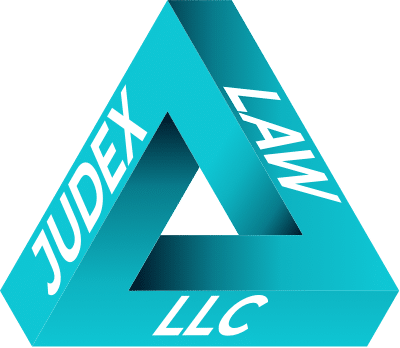The Financial Industry Regulatory Authority (FINRA) carries the responsibility of protecting “America’s investors by making sure the broker-dealer industry operates fairly and honestly.” When a member firm or an individual financial advisor acts in bad faith or fails to uphold their fiduciary duties, FINRA will likely impose an enforcement action against the at-fault party. Unfortunately for broker-dealers, FINRA allows a customer to lodge a complaint at any time without providing evidence or proof. As a result, customer dispute information—even exaggerated, inaccurate, or downright false information—may appear in the Central Registration Depository (CRD) and on Brokercheck, a publicly available and searchable database. To have unfair disclosures removed from the CRD, you must seek an expungement through the arbitration process. However, the Securities and Exchange Commission (SEC) recently approved FINRA’s proposed rule changes to the expungement process, despite multiple concerns from industry experts. Let’s take a look at how these amended rules will impact the expungement request process.
The Timeline of FINRA’s Proposed Rule Changes
These proposed rule changes have been in the works for quite some time. In September 2020, FINRA filed the original document outlining its proposed changes for SEC approval. However, FINRA withdrew the proposal in July 2021 to address and incorporate the feedback and concerns from state securities regulators and investor attorneys who wanted to ensure that FINRA made the expungement process more selective. In July of 2022, FINRA filed a revised version of its proposal, which included a rule for establishing a special panel of qualified arbitrators to oversee straight-in expungement requests, sets a time limit for making expungement requests, and requires earlier notification of customer and state regulators that allows them to participate in arbitration proceedings. In early April 2023, SEC released its Approval Order, officially accepting FINRA’s proposed rule changes “on an accelerated basis.”
How FINRA’s Expungement Process Will Change
The SEC’s approval of FINRA’s proposed changes has several implications and ramifications. Essentially, financial advisors seeking the expungement of customer dispute information may have more difficulty obtaining this goal, as there are more steps and requirements to navigate and address throughout the process. The FINRA expungement process has implemented the following changes:
- Straight-in requests will be decided by a three-person panel consisting of randomly selected public arbitrators with enhanced expungement training.
- The parties are prohibited from agreeing to fewer than three arbitrators to handle their expungement requests, striking any of the selected arbitrators, stipulating to an arbitrator’s removal, or stipulating to the use of pre-selected arbitrators.
- State securities regulators will receive advance notice of all expungement requests, and they will be encouraged to attend and participate in expungement hearings.
- New, strict time limits will limit how long a party has to file a straight-in request.
- FINRA will update and codify best practices for arbitrators, such as requiring the arbitrators to facilitate customer attendance and participation in expungement hearings.
- The arbitrator panel must unanimously agree before issuing an award containing expungement relief.
- New procedural requirements will apply for filing expungement requests.
With the adoption of these new rules, FINRA hopes to crack down on acts of bad faith, negligence, or misconduct to protect customers.
How the Public Has Reacted to This News
Financial industry experts have been awaiting this announcement for months. Many securities professionals have applauded these updates, stating that they are hopeful that the new rules will make the process more selective and align more closely with FINRA’s aim to grant expungement only as an “extraordinary remedy.” Others have praised the implementation of strict time limits for expungement requests, as this may cut back on requests that involve information from decades ago (which are often fraught with evidentiary issues and other challenges). However, many industry experts have expressed their concerns about these new rules, as they make it more difficult for financial advisors to get rid of harmful and inaccurate customer dispute information. In this industry, a tarnished reputation—even based on false information—can devastate a person’s career.
How a Securities Law Attorney Can Help
If you are struggling with an inaccurate or false disclosure on your BrokerCheck profile, consider reaching out to a trusted and experienced securities law attorney. Navigating the expungement request process can be overwhelming and intimidating, especially in light of the new restrictions and rules. Your attorney can answer your questions, address your concerns, and identify the most strategic path forward to keep your professional reputation as strong as possible. You do not have to go through this confusing process on your own—let your lawyer help you take the necessary steps to achieve a fair and favorable outcome.
If you need help having false or baseless disclosures expunged from the CRD and BrokerCheck, call Judex Law, LLC, today at (303) 523-4022 to speak with a dedicated and friendly securities law attorney.

